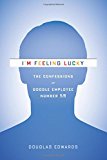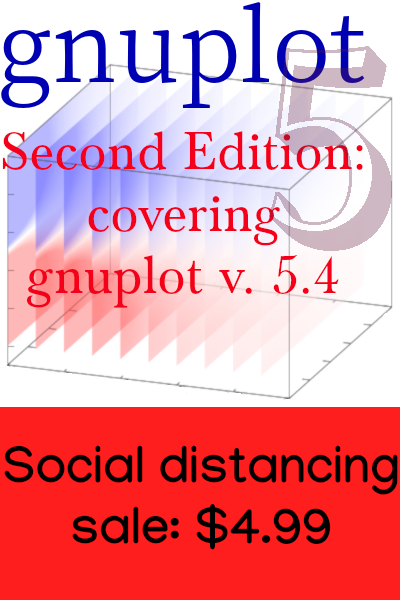Google Search: the Tipping Point
I’ve held on to Google search far longer than I should have, in all likelihood. I know plenty of people who’ve had it with the increasing advertising load, the ever more irrelevant results, and the often crazy and stupid info boxes. Not to mention Google’s intrusive tentacles, eagerly tracking you all over the web.
I held on because Google still got the me the information I needed, even if I did have to steadily increase the focus of my keywords and search operators. Most defectors jumped ship for duckduckgo, which they generally liked, but which they admitted didn’t actually return better results; some people said it was, in fact, harder to find things using them. But almost everyone seemed to feel that, if the results weren’t as good as Google’s, they were nearly so.
DDG (as it’s known to its friends) is favored because they make privacy a priority, and promise never to track you. People also like their search shortcuts and their clean layout. Google finally pushed me over the edge, and I’ve been using DDG for a few days. I find it refreshing. So far, the results are excellent.
Two annoyances that Google presented me with, in rapid succession, created the tipping point that made me change my default engine to DDG.
The first was that, suddenly, results started opening in new tabs. I noticed this doodad on Google’s results page, and clicked it to the off position.

But every time I did a new search, it was back on again. I went to my Google search settings, and found that it was an option there. But Google refuses to remember my settings. I’m logged in to the Borg, am accepting their cookies, and smiling, but the setting keeps reverting to what seems to be the default: shiny new tabs that I don’t want.
Right after this, something happened to me that I had heard about, but never experienced. I did a perfectly normal search, but Google wanted to have a little talk with me before showing me any results. They claimed they had reason to think I might be a robot, and demanded that I solve one of those little puzzles where you are required to click the boxes that contain fire hydrants. So I played along. But they kept putting up new puzzles. After the fifth one, I closed the window and went to DDG. Bye, Google.
A company that provides a service through a web site, that I pay for, recently added these puzzles to the login page. Every time I go there, I need to log in, and every time I do that, I have to click on the traffic lights or trucks. I cancelled my contract and went to a competitor. I didn’t even tell them why. If you think it’s a good idea to waste my time before letting me get on with what I need to do, then you are dead to me. And if you are running a web service and think this is a good way to solve your robot problem, think harder. It’s hostile to your customers, some of whom will look for alternatives.
Google scholar is still indispensable. And DDG’s image search, while excellent in other ways, does not offer a switch to limit the results to images labeled for reuse, which is a feature I use very often, when searching for illustrations for articles. So, Google, we’ll keep in touch. But it’ll never be like it used to be, between us.


